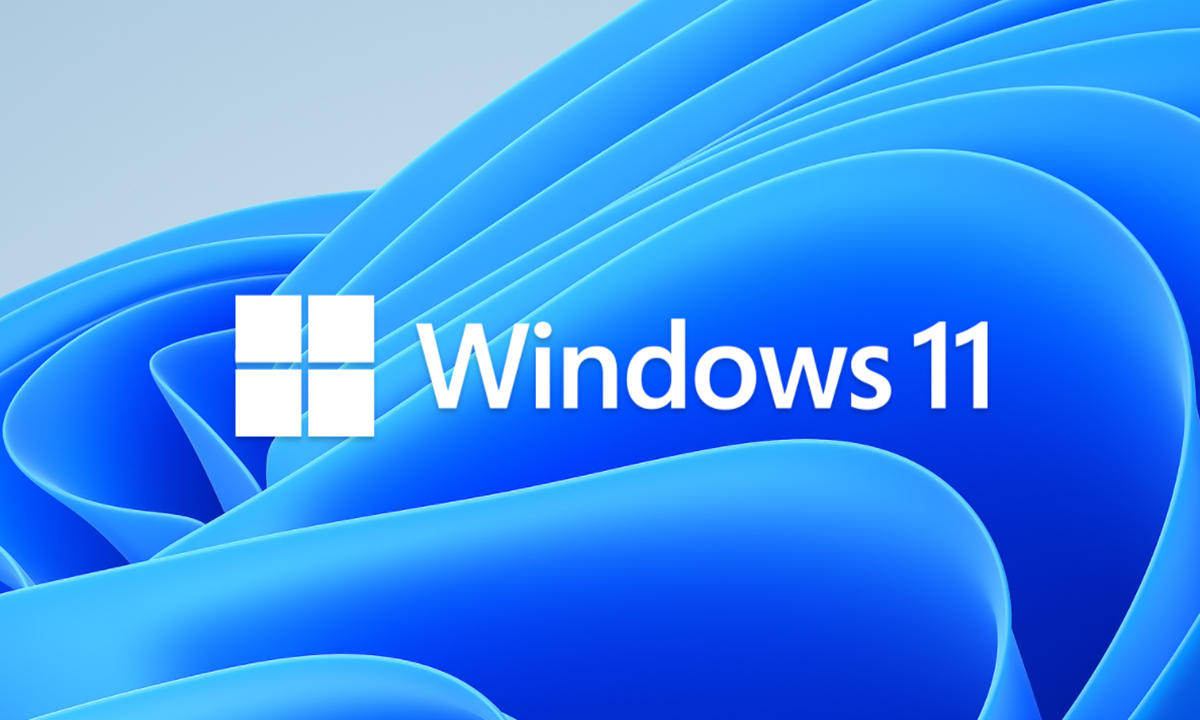Since the technical criteria of Windows 11 were made public, one of its most contentious aspects has undoubtedly been the requirement for a TPM 2.0 chip to ensure the device’s security. Although integrated chips have been shown to lack absolute security, they do provide a high degree of security, and as a result, their usage is encouraged whenever feasible.
Windows 11: TPM 2.0 catalyst
The problem is that, by forcing systems to have TPM 2.0 in order to install Windows 11, many people are compelled to stay on Windows 10 or, at the very least, install Windows 11 and refuse upgrades and support, which isn’t a good idea. It’s too early to determine whether Microsoft will actually stop providing updates to those users
However, it is undeniable that Microsoft has a strong ability to influence manufacturers and developers in the directions it chooses, and it appears that we’ll see it again in the short and medium terms with Windows 11 with the necessary TPM 2.0. And, as Slashgear foresees, the software industry will probably decide that the level of implementation of the security chip is adequate and will start using it to protect their products.

The first example has already been implemented in Valorant, a popular game that is currently conducting tests related to the chip’s usage, but it isn’t yet clear whether it will only be required in Windows 11 or if it will also enter the pool and demand it in Windows 10.
Nonetheless, Riot Games may be leading the charge for widespread adoption of TPM 2.0 security, since Microsoft has already incorporated it into current systems. It also makes sense to believe that other games will follow in their footsteps, and we wouldn’t be shocked if certain providers where security is a major concern are also considering this transition. Windows 11, at a minimum, will surely start a trend that we will see in the near future.





